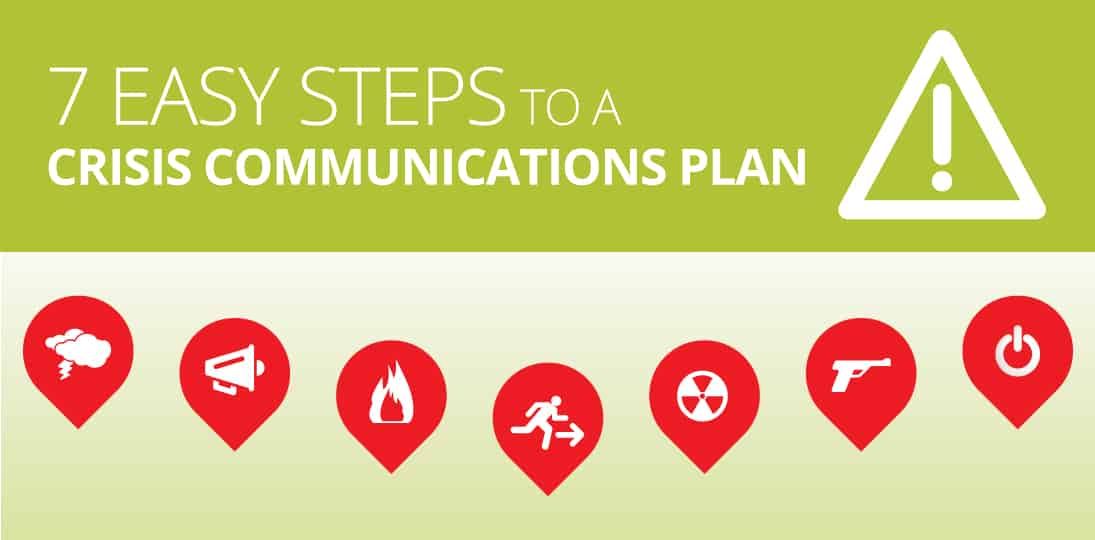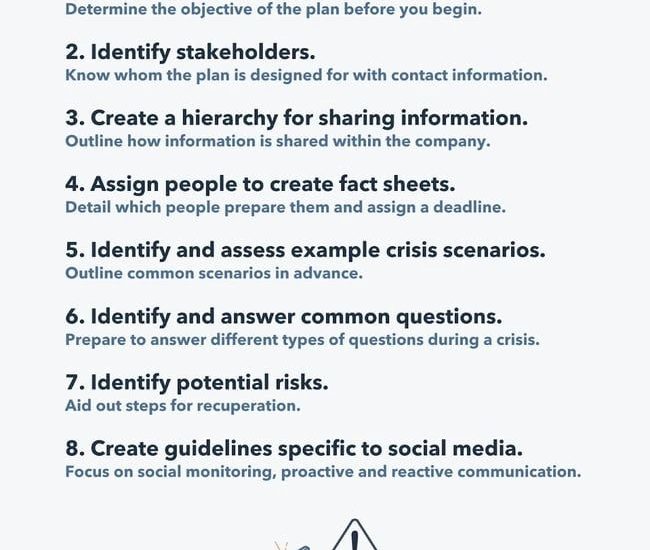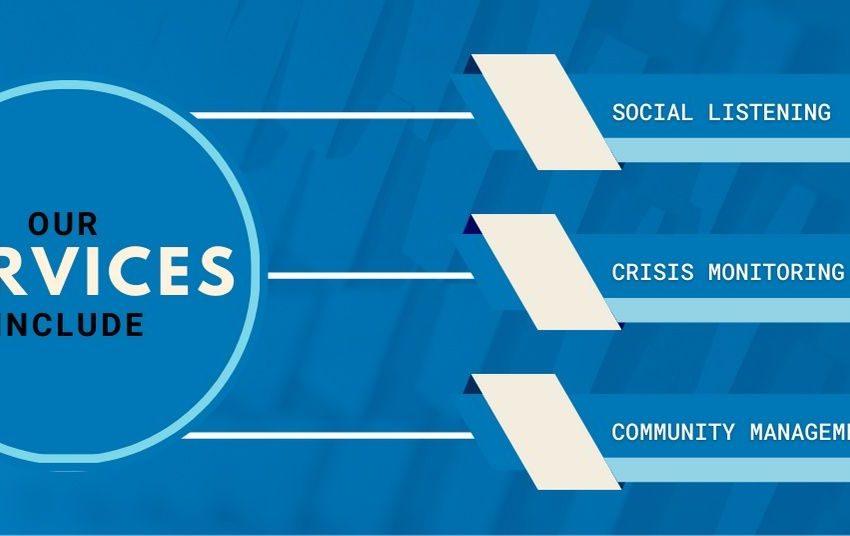How to Develop an Effective Crisis Communication Plan
In today’s fast-paced and interconnected world, businesses need to be prepared for any crisis that may arise. Whether it’s a data breach, a natural disaster, a product recall, or a PR nightmare, having a solid crisis communication plan in place can mean the difference between weathering the storm and suffering irreparable damage to your reputation.
Assess Potential Risks
The first step in developing an effective crisis communication plan is to assess your organization’s potential risks. Ask yourself what kinds of crises are most likely to affect your business, and how they might impact your customers, employees, and stakeholders. By identifying potential risks early on, you can develop a plan that is tailored to your specific needs.
Designate a Crisis Communication Team
Once you have identified potential risks, it’s important to designate a crisis communication team. This team should include key members of your organization, such as executives, PR professionals, legal counsel, and IT experts. Each team member should have a specific role and responsibility in the event of a crisis, so that everyone knows exactly what to do when disaster strikes.
Create a Crisis Communication Plan
With your team in place, it’s time to create a detailed crisis communication plan. This plan should outline the steps that need to be taken in the event of a crisis, including how information will be gathered, who will be responsible for communicating with stakeholders, and how the crisis will be resolved. It’s important to be proactive in your communication, providing regular updates to stakeholders and addressing any concerns or questions they may have.
Practice and Prepare
Once your crisis communication plan is in place, it’s crucial to practice and prepare for any potential crises. Conduct regular drills and simulations with your crisis communication team to ensure that everyone knows their roles and responsibilities. Test your communication channels, such as social media, email, and press releases, to make sure that they are effective and efficient in times of crisis.
Monitor and Evaluate
Finally, it’s important to monitor and evaluate your crisis communication plan on a regular basis. Keep track of any changes in your organization or industry that may affect your plan, and be prepared to make adjustments as needed. After a crisis has passed, conduct a thorough evaluation of your response to identify any areas for improvement and make changes for the future.
Conclusion
Developing an effective crisis communication plan is crucial for businesses in today’s fast-paced world. By assessing potential risks, designating a crisis communication team, creating a detailed plan, practicing and preparing, and monitoring and evaluating your response, you can ensure that your organization is prepared for any crisis that may arise. Remember, in times of crisis, communication is key.
Remember, in times of crisis, communication is key


